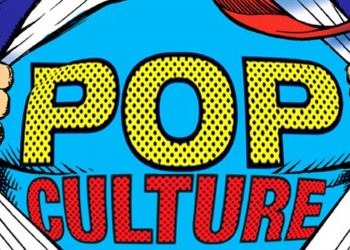What is pop culture? Is a term that has different meanings. This depends on the person who is defining it and in what way the term is being used. It generally means that it is the culture of all people predominating society at a certain point. It applies to styles of dress, trends, uses of slang and what people eat. It comes mainly through all channels of mass media.
Popular culture has some aspects which most people would agree define it. It is something that changes frequently. In this technological world, media is more ubiquitous than ever and in all possible ways from printed materials to visual materials to data. Brands can become part of the pop culture especially if they are part of current trends which are finding favor with people in general.
This is a culture of all people of all ages but it can be swayed primarily by youth or those ages 11 to 35 years of age. It encompasses forms and products that are frequently seen and are liked, approved and accepted. For example, in terms of slang if someone were to say something is “far out” today it would be a lot less accepted and understood that the expression “next level.”
These components of pop culture change fast and tend to stick with one generation. A person in their 60s would recall saying far out readily as an expression of something awe-inspiring from their youth. A person today may recall years from now using the expression next level as being part of theirs.
Studies of pop culture show that it is something akin to folklore in that it gets passed on from the mass media and then becomes word-of-mouth, told and retold. Once it is established it goes through the cycle of trends whether it is a fashion, a musical dance, or a particular saying. Eventually, these will give way through folkloric tendencies to new and more popular fashions, dances and sayings.
Folklore blends with the commercial aspects of pop culture. One of the most common mediums of folkloric popular culture is television. While its technology has evolved and the ways in which people can watch it has changed, the element of a group of the population being influenced by common television shows has not.
Some people believe television is responsible for making the public less intelligent. Others believe it is a window into the history and trends of various decades that have passed since its invention Television shows from as early as the 1950s still air regularly, and can still influence the general population.
With the proliferation of social media platforms, the trends in popular culture are shared and consumed at lightning speed. They are also subject to change much more quickly than ever before. The tendency for regional areas to retain their regional styles and tastes in music, for example, are no longer confined. What might be considered popular in a small southern town in the United States is no longer always unfamiliar in a large European city.
What is pop culture? It is something omnipresent now that all forms of media have the power to influence those who consume them.

